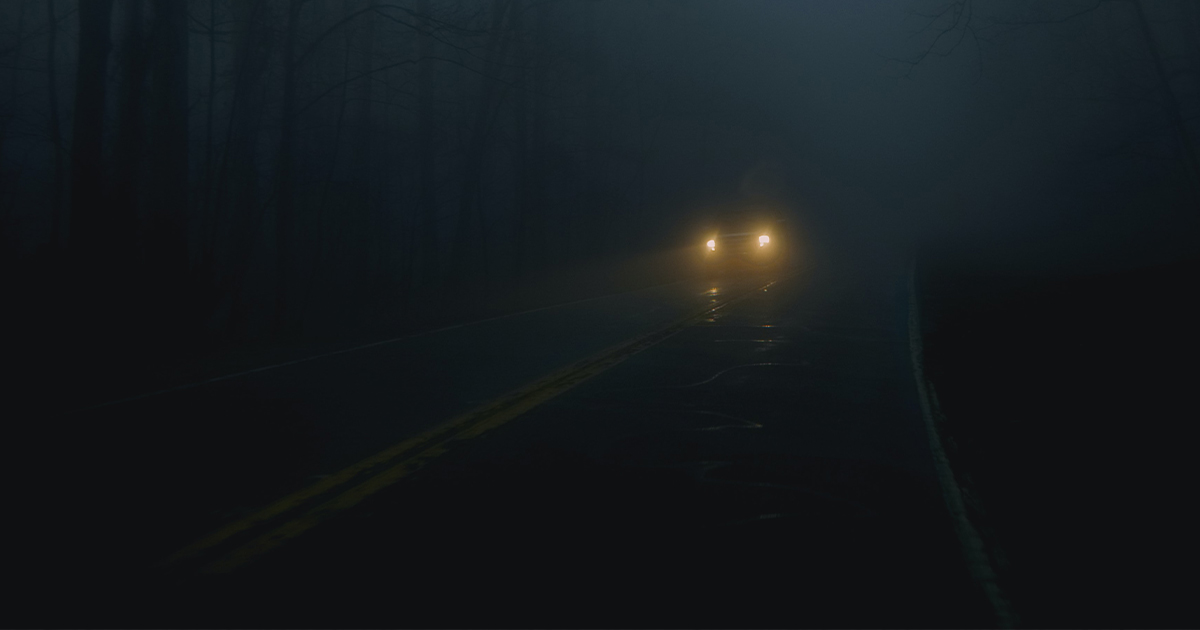
Most people in eastern North Carolina would have to admit that their day does not end once the sun goes down. There are still plenty of things that have to be done – driving to or from work, running errands or even visiting with friends. What you may not know is that there are many dangers associated with nighttime driving.
According to the National Safety Council 20% of people have admitted to falling asleep at the wheel and over 40% admit to drowsy driving. Also, 4% of people have reported that they caused a car accident from falling asleep and people are three times more likely to die in a nighttime car accident versus one during the day.
DANGERS OF NIGHTTIME DRIVING
One of the major dangers of driving at night is the lack of natural sunlight. It is naturally harder to see in low-light conditions, as your central and peripheral vision can be affected. The need for more light increases the older you get, and you are more likely to have eye conditions such as cataracts and macular degeneration the older you get.
Darkness can also affect depth perception. You may have trouble judging the distance and speed of an oncoming vehicle which makes it hard to safely turn into traffic.
Another nighttime driving danger is that there are an increased number of drunk, drowsy, and distracted drivers out at night. And, rush hour in the evenings can be hazardous once daylight savings takes effect.
HOW CAN YOU DRIVE SAFELY?
Below are some steps that can be taken to minimize your risk of becoming involved in a nighttime motor vehicle accident:
- Minimize distractions when you are driving at night
- Get enough sleep and do not drive if you feel drowsy
- Visit an eye doctor regularly to ensure your vision is optimal
- If possible, avoid looking into oncoming headlights
- Dim your dashboard lights and/or limit lighting within your vehicle
- Reduce your driving speed and remain alert
- It may be wise to limit nighttime driving, but if you cannot, be sure you are cautious.
